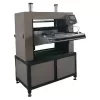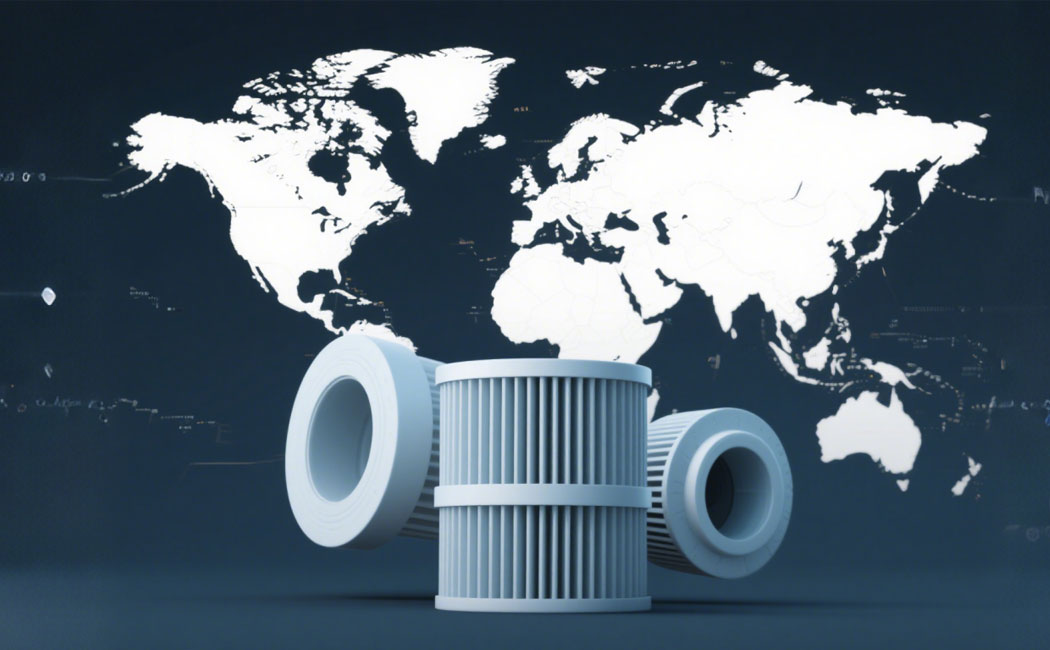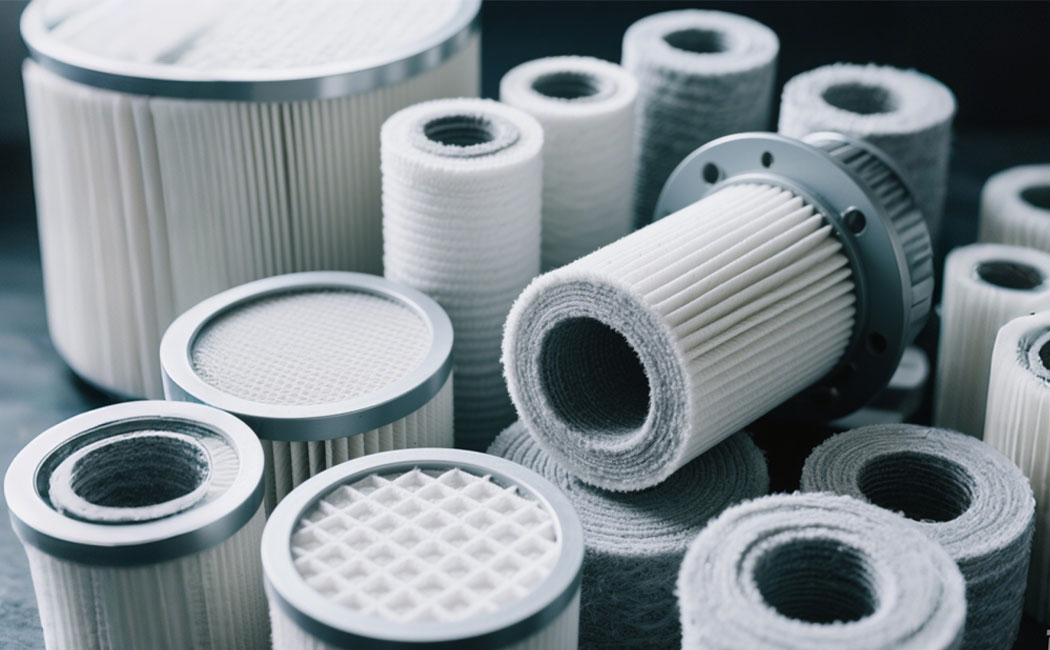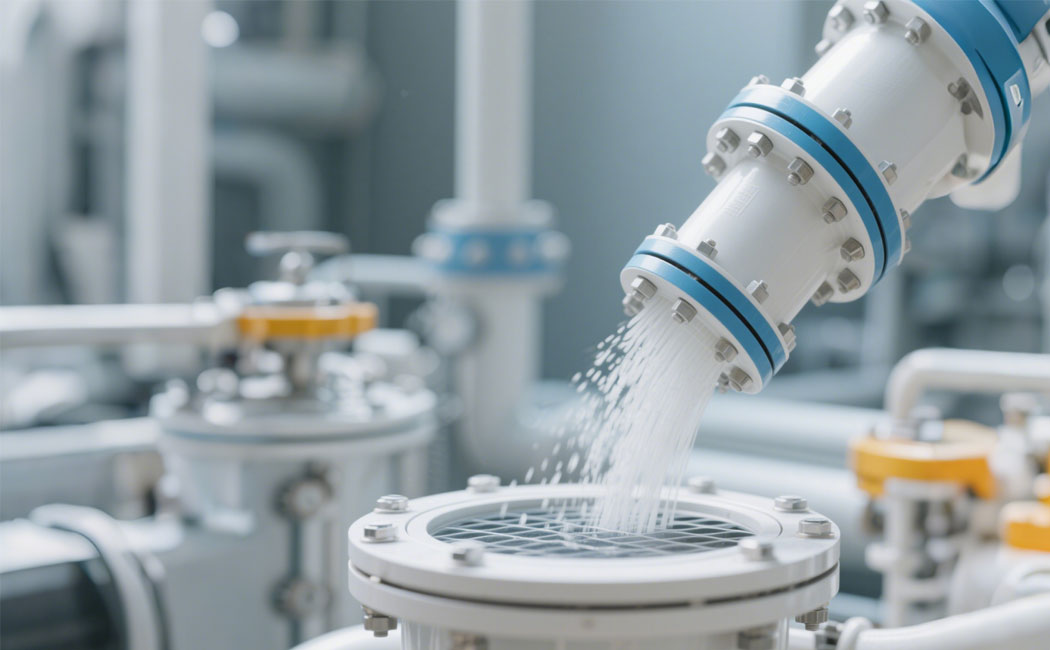Filter End Cap Gluing Machine: A Core Component for Efficient Filter Production
In the modern filtration industry, the quality of filtration equipment directly affects key systems such as automobile engines, industrial air purification and even HVAC equipment. Reliable filtration equipment is key to meeting the strict quality standards of these industries. Among the critical pieces of filter machinery for filter manufacturing, the Filter End Cap Gluing Machine stands out for its ability to deliver precise, efficient, and consistent end-cap gluing—a step that directly influences the overall durability of filter equipment. This article explores its definition, unique advantages, detailed specifications, and main application scenarios—highlighting why it’s an indispensable tool for filter equipment manufacturers across automotive, industrial, and commercial sectors.
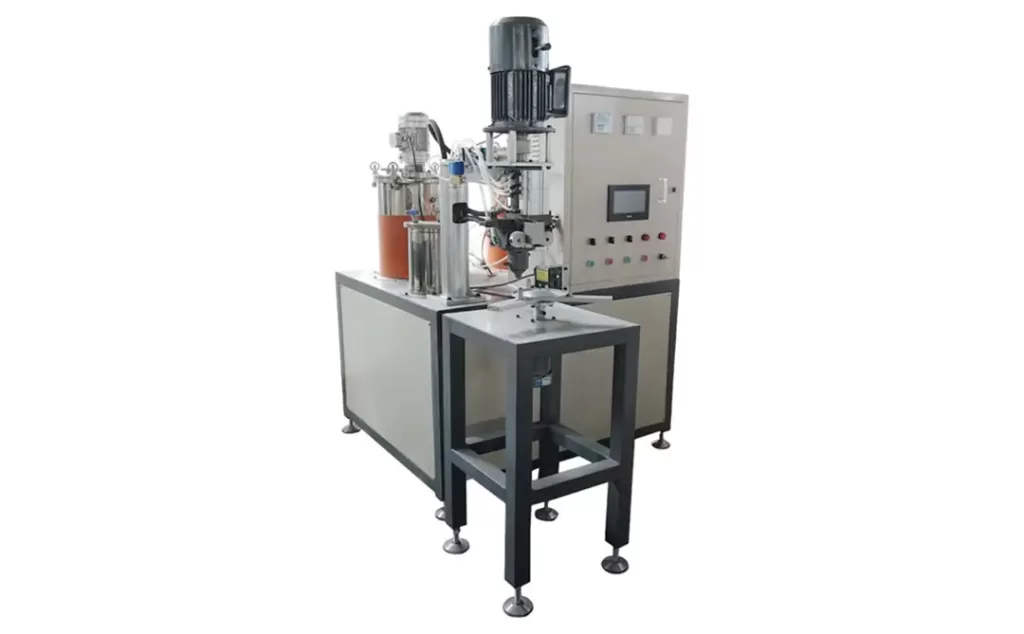
What is a Filter End Cap Gluing Machine?
The Filter End Cap Gluing Machine is a specialized type of filter machinery designed exclusively for the gluing process of filter end caps, a make-or-break step in filter equipment assembly. Unlike ordinary bonding tools that lack precision to meet the specific requirements of filters, this machine aims to ensure firm, leak-proof and lasting bonding between the end cover and the filter element, which is very important to prevent media bypass in the filter equipment.
This filter machinery is available in two distinct models, with the primary difference being the diameter of the glue injection end cover: Model 1 (for end caps 40-120 mm) caters to small-sized filter equipment like automotive cabin air filters, while Model 2 (121-250 mm) suits larger units such as industrial diesel fuel filter cartridges. It’s also fully compatible with two glues widely used in filter production-resin glue and polyurethane glue-so manufacturers do not need to invest in multiple gluing systems. Whether producing small batches or high-volume filters, this machine streamlines the gluing process of filter equipment and reduces operational complexity.
Unique Advantages of the Filter End Cap Gluing Machine
As high-performance filtration machine, it has several advantages, which can directly improve the production efficiency, product quality and operation convenience of filtration equipment manufacturers, and these advantages make it different from outdated manual methods or general gluing machines.
1. The servo motor drives the screw pump for high-precision metering
Precision is non-negotiable in filter equipment gluing: excess glue wastes material and creates messy bonds, while too little glue leads to weak seals that compromise filter performance. This filter machinery addresses this with a servo motor-driven screw pump, which uses advanced motion control to regulate glue flow with an error margin of less than 2%. This precision not only reduces the waste of glue by up to 10%, but also ensures that each filter end cover can get the exact amount of glue needed for the best bonding. For manufacturers, this means fewer defective products and higher overall consistency of the quality of filtration equipment.
2. Small-Dosage Nozzle with Pneumatic Anti-Clogging System
Nozzle clogging is a major pain point for gluing filter machinery, often causing unplanned downtime and inconsistent glue application. This machine solves this problem through a small dose plastic nozzle (optimized for tight end cover clearance) and a pneumatic anti-blocking system. After each gluing cycle, compressed air will be released automatically to remove the residual glue from the nozzle and prevent drying and clogging. This function can make the filtration machinery running smoothly for more than 8 hours, ensuring uninterrupted production of filtration equipment, even during peak demand period.
3. pneumatic lifting mechanism, easy to operate
Operational efficiency is a top priority for filter equipment manufacturers, especially those with high-volume production targets. The pneumatic lifting mechanism of the machine allows operators to adjust the working height in less than 5 seconds, which is much faster than manual lifting systems that takes more than 30 seconds for each adjustment. This speed shortens the installation time between different sizes of filtration equipment, and reduces the physical burden of operators. Its intuitive control panel also reduces training time: new employees can master basic operation within one hour, further improving the utilization rate of filtering machinery.
4. Built-In Air Purge Function for Automated Cleaning
Cleaning traditional filtering machinery after production takes more than 20+minutes minutes of manual disassembly time, which consumes valuable production time. The machine simplifies cleaning work through the built-in air purging function: after each production operation, compressed air will wash the residual glue away from the pump, hoses and nozzle without disassembly. This automatic process shortens the cleaning time to 2-3 minutes, retains the internal components of the filtering machine and ensures the stable performance for many years. For filter equipment manufacturers, this means that the production time is increased and the maintenance time is reduced.
Main application scenarios of filter end cover gluing machine
This specialized filter machinery is tailored to two high-demand filter equipment types, addressing their unique gluing challenges.
1. Air Filter Element Iron Covers
Air filters are important filtering devices for automobiles (cars, trucks, buses), construction machinery and industrial ventilation systems. They can remove dust, pollen and debris, protect engines and improve indoor air quality. The iron cover of the filter element of the air filter must form a tight seal to prevent unfiltered air from bypassing the media. This machine’s precision metering and small-dosage nozzle ensure glue is applied evenly along the iron cover’s edge, creating a bond that withstands vibration (common in trucks and construction gear) and temperature changes. For manufacturers, this means that the air filters conforms to the ISO 16890 (air filter performance) standards, ensuring the reliability of the filtering equipment to the end users.
2. Diesel Fuel Filter Cartridges
Diesel filter elements are the basic filtering equipment for diesel engines (used in freight trucks, generators and agricultural machinery), because they can remove water, rust and sediment from fuel, thus preventing fuel injectors from being damaged and engine failure. Their end caps need adhesives that can resist diesel and high pressure (up to 5 bar in fuel systems). The compatibility of the machine with fuel-resistant resin and polyurethane glue, together with its anti-blocking system, ensures consistent gluing for these ink cartridges. It also handles high-volume production (up to 200 cartridges per hour), making it ideal for filter equipment manufacturers supplying commercial vehicle fleets.
Conclusion
In the fierce competition in the production of filtration equipment, suitable filtration machinery distinguishes the manufacturers with high efficiency and high quality from those who are tired of dealing with defects and shutdowns. The Filter End Cap Gluing Machine delivers precision, reliability, and efficiency—with features like servo-driven metering, anti-clogging nozzles, and automated cleaning. Its two models, wide diameter range and glue compatibility are suitable for all kinds of filter equipment manufacturers, from small workshops to large factories.
Investing in this machine can increase the production speed by 30% (compared to manual gluing), reduce the waste of glue by 10-15%, and ensure that the filtering equipment meets global quality standards. With the increasing demand for durable filtration equipment (driven by stricter automobile and industrial regulations), this kind of filtration machinery remains a key asset for manufacturers seeking to remain competitive.
Share:
Categories
- blog(46)
- Industry news(3)
- Technique articles(43)
Recent Posts
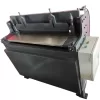
What is the melt filter trimming machine ...
11/20/2025 Comments Off on What is the melt filter trimming machine and how does it enhance the filtration system?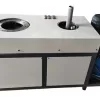
What is a Melt Filter Shrinking Machine ...
11/18/2025 Comments Off on What is a Melt Filter Shrinking Machine and Why is it Essential for Filter Manufacturing?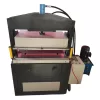
What is a melt filter extruder and ...
11/13/2025 Comments Off on What is a melt filter extruder and how does it enhance your filtration system?